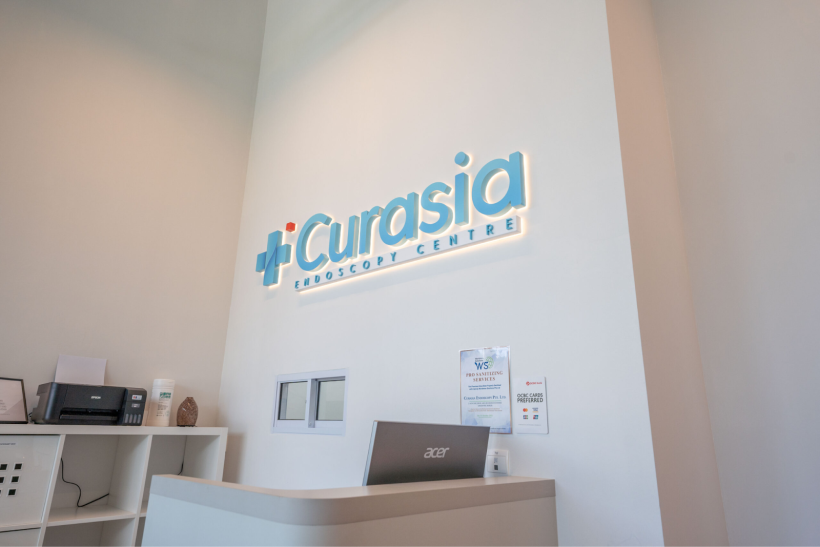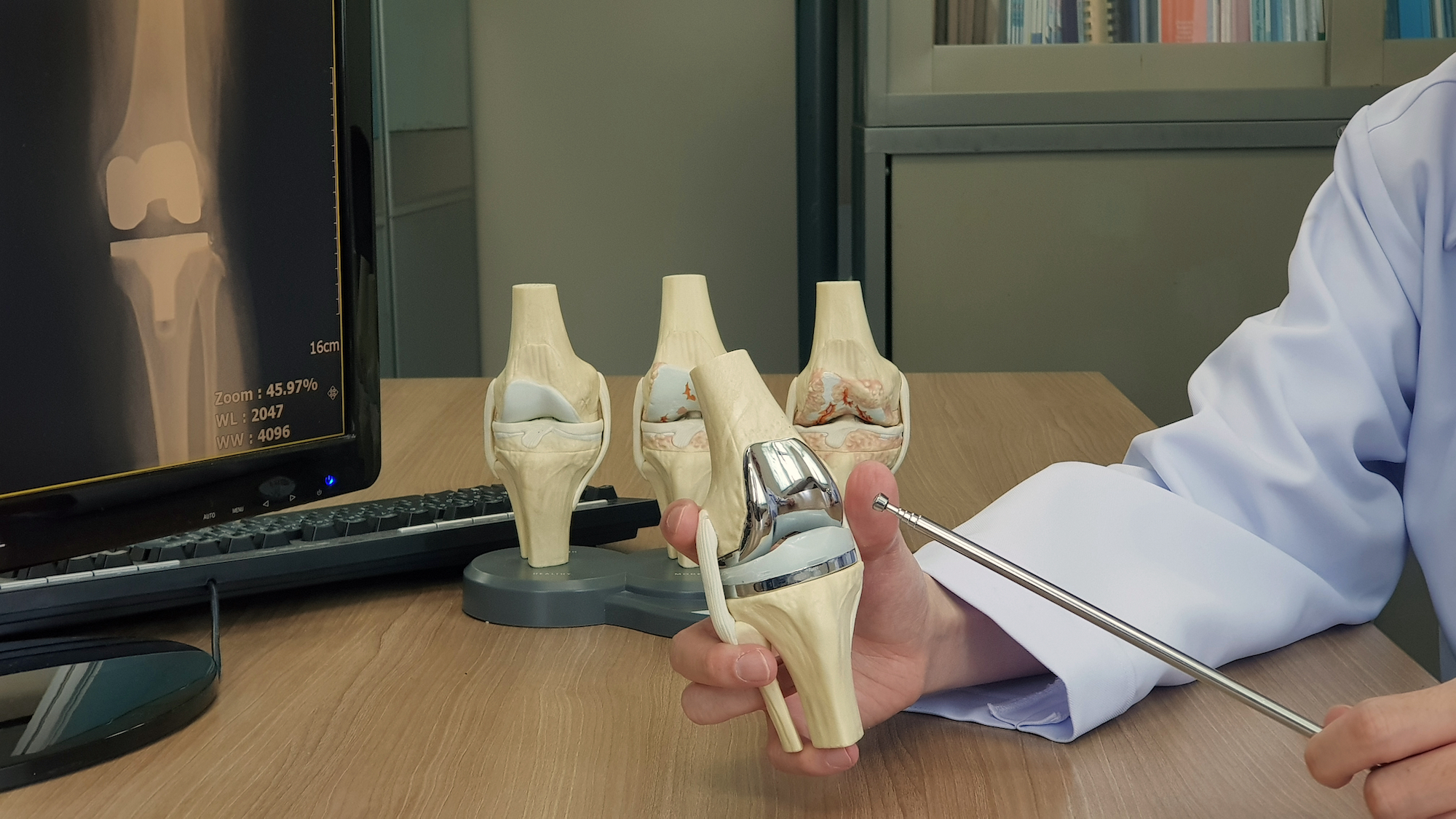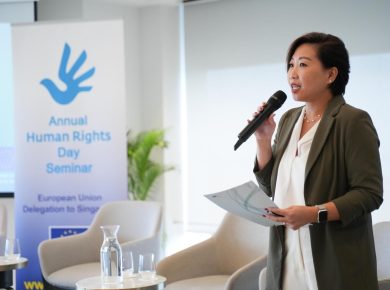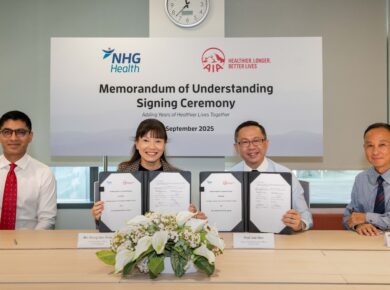In Singapore, colon cancer is not only a leading health concern but also a major contributor to cancer-related deaths. Ranking as the second most common cancer among both men and women from 2017 to 2021, colon cancer has rightfully earned the moniker of a “silent killer.” Its early stages often present without any symptoms, causing many cases to go undetected until later stages, when treatment options are limited, and the disease becomes far more difficult to combat. This underscores the critical importance of regular and early screening, which could save thousands of lives through timely intervention. In fact, the survival rate drops significantly, nearly 20%, from stage 2 to stage 3. Detecting colon cancer early is not just advisable, it is essential.
While various screening methods are available, such as stool tests, colonoscopy remains the gold standard for detecting colon cancer. Colonoscopy allows doctors to directly examine the colon and rectum, using a flexible tube with a camera to spot and, if necessary, remove polyps (abnormal growths) that could potentially develop into cancer. It is the most reliable method for detecting early-stage cancer, making it indispensable in the battle against this deadly disease.

In response to colon cancer’s rising prevalence, the government and numerous organisations have taken steps to make screening more accessible. For instance, Singaporeans and Permanent Residents aged 50 and above are offered stool test kits, providing a convenient first step in the screening process. Additionally, nonprofit organisations, such as the 365 Cancer Society, work in collaboration with healthcare providers, including Curasia Endoscopy Centre, to offer free colonoscopies to qualifying patients. These efforts reflect the healthcare community’s recognition that early intervention can have a profound impact on public health.
Despite these proactive measures, Singapore still faces challenges in ensuring timely access to colon cancer screenings. Long waiting times, both in public and private healthcare settings, remain a formidable barrier. A 2022 Straits Times report highlighted a case where a patient had to wait five months for a colonoscopy appointment after a referral from her polyclinic. Ultimately, she opted for a private specialist, only to discover that her cancer had advanced. Her story illustrates the tragic reality that prolonged wait times can have life-altering consequences, especially for a disease that progresses quickly.
 Reddit discussion reflecting public frustration over long wait times, as reported by The Straits Times
Reddit discussion reflecting public frustration over long wait times, as reported by The Straits Times
In private hospitals, the situation is somewhat better but still problematic, with patients often facing waits of two weeks to a month, depending on hospital availability. Such delays can be discouraging and may prompt individuals to forego screenings altogether, thereby increasing the risk of late-stage diagnoses. This is where endoscopy centers like Curasia play a vital role. By providing private specialists with an alternative facility to perform colonoscopies outside of hospitals, these centers help to alleviate the strain on hospital resources and offer more options for timely care to patients.
Efforts are being made to further improve accessibility to screenings. Heartland endoscopy centers, for example, are actively working to reduce waiting times and make colonoscopies available within communities. By increasing the number of specialised facilities outside of traditional hospital settings, Singapore can better accommodate demand and shorten the window between referral and screening. This proactive expansion of services could be a game changer in lowering colon cancer mortality rates, offering residents quicker access to potentially life-saving diagnoses and treatments.
To truly tackle the challenges posed by colon cancer, however, increased awareness and accessibility must go hand in hand. While the government’s initiatives and partnerships are promising, additional steps could enhance the impact of these efforts. Encouraging regular screenings, particularly for those over 50, can go a long way toward catching the disease in its early stages. Furthermore, ensuring that healthcare facilities across Singapore are adequately resourced to handle demand—whether through public hospitals, private hospitals, or endoscopy centres—could help to significantly reduce waiting times and improve outcomes for patients.
The stakes are too high for complacency. With the availability of proven methods like colonoscopy, Singapore has the tools to make meaningful strides in reducing colon cancer’s impact. By improving access to screenings and continuing to build partnerships across sectors, we can ensure that fewer families face the heartbreak of losing loved ones to this silent killer. Let us build a future where regular, accessible screening is the norm, and where more lives are saved through timely, compassionate care.
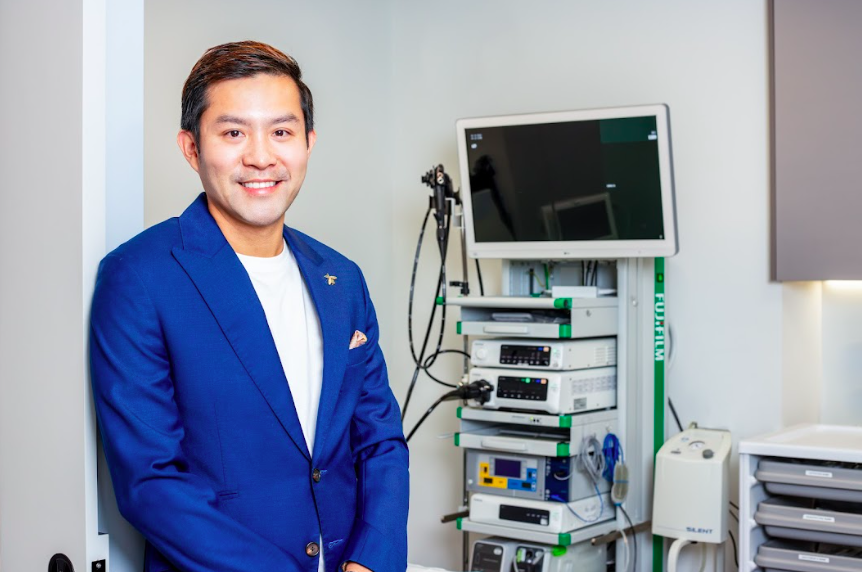
Contributed by Don Poh, CEO and Founder of Curasia.
Images: Curasia
